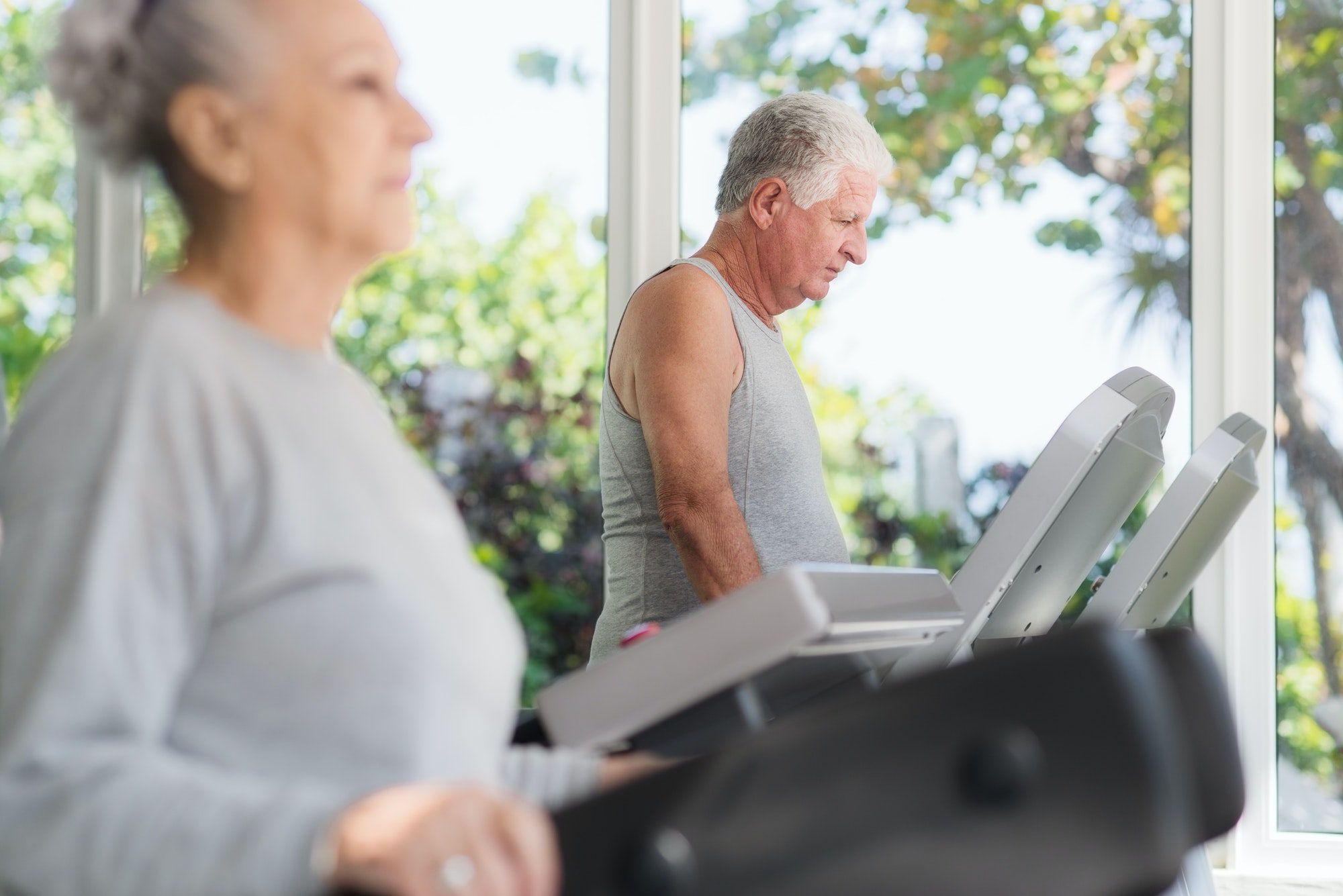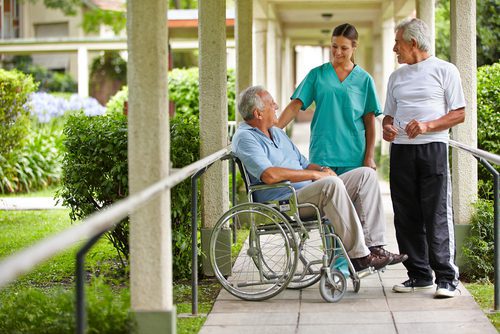At some point, most seniors face the tough decision of whether or not to leave the family home and move into a care facility. Although assisted living communities provide valuable services to seniors who need a little extra help in their daily lives, they can be expensive. The majority of seniors would rather spend their golden years in their own homes, according to AARP. However, there are many benefits to an aging community with other seniors.
An Aging Community is a great alternative to institutional care, allowing seniors to age in place with the help of their community. If this sounds like the ideal alternative, Bobby Brock Insurance offers the following insight into how you can benefit from this approach to senior care.
What Is Aging in Community?
Aging in the community encourages social connections and mutual support between neighbors, friends, and family. The idea is that everyone in these communities cares for one another, so seniors can remain in their own homes while enjoying enhanced well-being and quality of life. As an example, many neighborhoods have formed “villages” around the concept of aging in the community. These villages are organizations that rely on volunteering within the community to provide services and care to members.
Reliable Transportation
Seniors who decide to remain in their own homes often face particular problems getting around. While Medicare only covers emergency and near-emergency services, it does not cover the cost of transportation to the doctor’s office or other important places. Fortunately, some Medicare Advantage plans partner with ride-sharing services to provide reliable transportation for doctor visits.
Other people in your community may also be able to get you where you need to go. Seniors who live in organized communities often enjoy coordinated transportation that’s both convenient and accessible. Transportation is a key aspect of aging in community since getting around is crucial to a senior’s quality of life.
Affordable Housing
Affordable housing is a common necessity for seniors who age in place. Co-housing, or sharing a home with someone else, provides many mutual benefits for everyone involved. Renting out rooms in your home to other seniors can help you offset your living expenses and gain additional help around the house. Plus, having others living with you in your home is an excellent way to avoid loneliness.
In a co-housing situation, seniors rely on each other for assistance when needed, so they can avoid dependence on family members or hired in-home care. You and your senior roommates can also share the costs of making home modifications to keep your house accessible and safe for years to come. These changes include adding handrails where necessary, increasing visibility through extra lighting, grab bars in the shower, and switching to levered door handles.
Safety efforts should also extend to your front and back yards. Walkways should be free of debris or spreading vines, pathway lighting should be installed to avoid trips and falls, handrails should be added near steps and even your lawn should receive attention. Holes and poor grading can contribute to injuries, and leveling out your lawn can reduce hazards. Land grading services can easily make these changes, and all it takes is checking out reviews and customer testimonials online to connect with a reputable company.

Wellness Opportunities
Neighborhoods that are focused on community engagement offer several physical wellness opportunities as well. In these communities, seniors help each other stay healthy through exercise and healthy eating. Community members often meal-prep together, attend potlucks, and engage in meal swaps. Through events like these, seniors can enjoy a variety of healthy, home-cooked meals instead of facing the physical, nutritional, and financial challenges of cooking for one. For times when you are at home solo, supplement your healthy lifestyle with filtered water, nutritious snacks, and smaller plates to help with portion control.
Like healthy eating, exercise is vital to senior health and well-being. Regular physical activity supports immune functioning, respiratory health, cardiovascular fitness, bone density, and muscle mass. Seniors can help each other stay physically fit by forming exercise groups and planning regular outdoor activities. Senior-friendly group fitness classes and water aerobics are excellent ways to get moving, no matter your fitness level or mobility limitations. Strength training and flexibility exercises are also important for keeping the body strong and resilient, so consider trying yoga or Pilates.
Independent Living
Another option to consider is independent living. This type of living situation can offer seniors an opportunity to socialize and provide helpful amenities. Services can include meal preparation, scheduled outings, arranged social events, and transportation to doctor appointments.
Because Medicare and Medicaid won’t cover this type of arrangement, most seniors choose to sell the family home and use the proceeds to cover their long-term living expenses. It’s important to have a solid financial plan in place before proceeding with an independent living community.
Seniors who want to age in place can benefit enormously from mutual support and interdependence within their communities, and seniors can help each other remain in their own homes for as long as possible. This community-driven approach to care gives seniors a chance to spend their golden years however they wish.
Do you need help navigating Medicare? Then turn to the experts at Bobby Brock Insurance. We can assist you in exploring your options, educating you on what might be best for your situation, and we can clear up confusion about what is and isn’t covered. Reach out to us today! (662) 844-3300
Related Blog Posts
-
When it comes to Medicare, everyone knows there are many acronyms and technical words for the various aspects of the…
-
Medicare is a health insurance program that covers certain health expenses such as skilled nursing facility care, hospice care, preventive…













